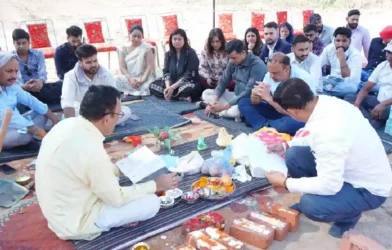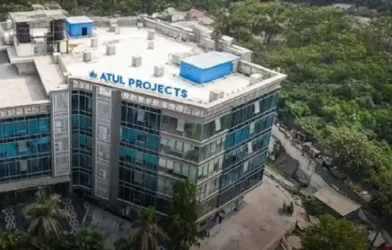Subtotal ₹0.00
The Uttar Pradesh government, under Chief Minister Yogi Adityanath, has introduced major concessions on stamp duty and registration fees for tenancy agreements of up to 10 years. The move aims to simplify lease documentation, encourage formal rental contracts, and reduce disputes between tenants and landlords.
By capping fees based on rental value and tenancy duration, the new rules make long-term leases more affordable, enhance transparency in the rental market, and support regulatory compliance. Officials say the reforms will strengthen the state’s rental ecosystem and could serve as a model for other states.
Under the new rules, the state cabinet is capping both stamp duty and registration fees based on the duration of the tenancy and the average yearly rental value. For instance, for leases with an annual rent of up to Rs 2 lakh, the maximum stamp duty will be Rs 500 for one year, Rs 1,500 for a minimum of five years, and Rs 2000 for years 5 to 10.
These rates are in compliance with the rental rates of the property. For example, if the rental rate of the property is between Rs 2 lakhs and Rs 6 lakhs, the stamp duty capping rises to Rs 1,500. For rent between Rs 6 lakhs and Rs 10 lakhs, the caps are Rs 6,000 and Rs 10,000, respectively.
The state government has also capped the average rental rate at a ceiling of Rs 10 lakhs for these concessions. Though these revamped rates and rules don’t apply to leases related to toll collections and mining activities, they are to safeguard revenue.
This move comes as a solution to many problems the state, tenants, and the owner of the property face in the state of Uttar Pradesh today.
First, the existing cost of registration of tenancy/deed has been a reason why people refrain from getting formal registration for their tenancy deals. Many still choose informal written and oral forms of agreements as a way to lease a property. This is not safe for the owner of the property who is leasing, nor for the tenant. Under the Uttar Pradesh Regulation of Urban Premises Tenancy Act, these forms of agreement hold little to no value before the court as valid legal proof. This leaves parties severely exposed to disputes,
Secondly, A formal registration and agreement make it transparent in the rental market, which is beneficial for tenants, landlords, as well as for regulatory compliance like taxation, electricity, and GST audits. These new rules are going to make it easier for both parties to draft and register deeds without the cost barrier.
Thirdly, viewing this from a real-estate and urban governance point of view, this policy promotes the government’s push to solidify the rental ecosystem, improve data collection and visibility, and encourage longer lease terms rather than shorter terms that avoid registration and stamp duty prices.
This move in the state signals a significant step towards developing and improving the rental market, making long-term leases more accessible and affordable. Given the size of the state and the rental market scale, these reforms can become a model for other states.














